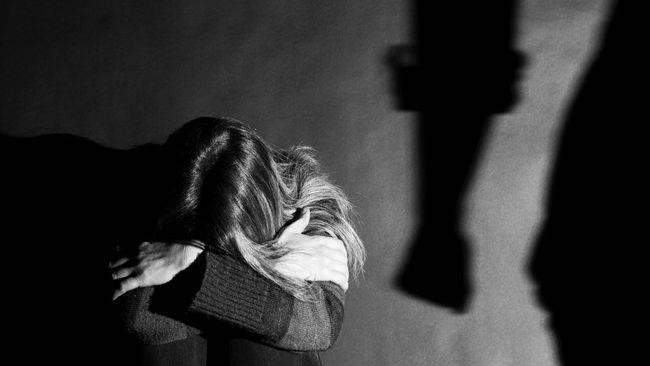Jamaica: Call for revenge porn to be standalone offense

The Office of the Director of Public Prosecutions (ODPP) urges lawmakers to create a stand-alone offence under the Cyber Crimes Act, 2015, which would criminalise the rising incidence of revenge porn.
A senior prosecutor in the ODPP told a parliamentary committee reviewing the cybercrime law that under the current statute, it was difficult to convict a person who maliciously revealed private photos on WhatsApp that caused the victim serious distress.
Orrett Brown, deputy director of public prosecutions, told the joint select committee reviewing the cybercrime law that there was a move towards criminalising the unauthorised release of private images across Commonwealth countries, led by the United Kingdom and Australia.
“We are proposing that the treatment of revenge porn cases as a consent-based offence is a direction that we should follow,” Brown said.
According to the senior prosecutor, there were increasing incidents of persons revealing images privately taken of individuals in compromising positions. These images were often released without the other party’s consent, he said.
“This standalone offence that is being proposed will make it easier to prosecute that matter once we can establish that the image was published and the person did not consent to the image being published,” he said.
In other jurisdictions, the offence includes distributing, transmitting, publishing, selling, making available, or advertising. He said that any of these activities would run afoul of the law.
Brown also asked the committee to revisit the definition of ‘sending’ an image to another person.
“What are the several means by which you can send an image that would amount to malicious communication under Section 9 of the law?” he questioned.
Brown suggested that the offence should be enlarged to address the action, such as making the image available for access by electronic means, transmitting the image, exhibiting it, and distributing it.
Committee member Kavan Gayle enquired whether the law should capture voice notes with particular content that could cause harm or distress to persons.
Another committee member, Julian Robinson, also put on the table for discussion the behaviour of some people who video-record and electronically share the victims of murder and traffic crashes.
However, the ODPP said that under Section 9 of the Cyber Crimes Act, these incidents would not qualify as offences.






0 Comment